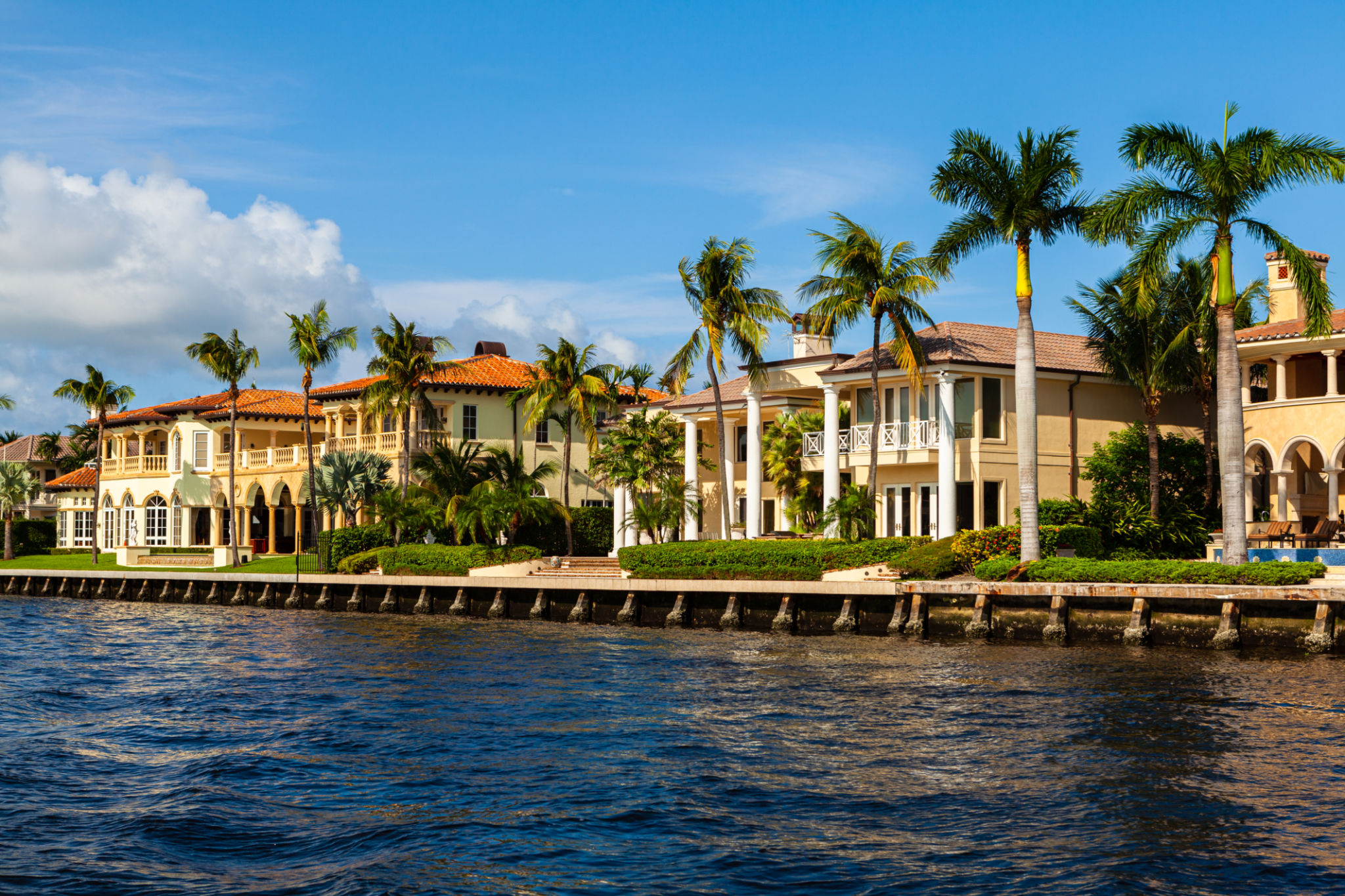A Guide to Understanding Fort Lauderdale's Real Estate Regulations
Introduction to Fort Lauderdale's Real Estate Market
Fort Lauderdale, known for its stunning beaches and vibrant cultural scene, is also a hotspot for real estate investment. Whether you're a first-time homebuyer or a seasoned investor, understanding the local real estate regulations is crucial to navigating this dynamic market. This guide will help you grasp the essential aspects of Fort Lauderdale's real estate regulations, ensuring a smoother transaction process.
The city's real estate market is diverse, featuring everything from luxury waterfront homes to affordable condos. This diversity attracts a wide range of buyers and investors, each with unique needs and objectives. Thus, familiarizing yourself with the local regulations can save time and prevent potential legal issues down the line.

Zoning Laws and Land Use
One of the first things to understand about Fort Lauderdale's real estate regulations is zoning laws. These laws dictate how property in specific areas can be used, whether for residential, commercial, or mixed-use purposes. It's important to check the zoning classification of a property to ensure it aligns with your investment goals.
The city regularly updates its zoning laws to accommodate growth and development. Therefore, staying informed about any changes can be beneficial. For instance, certain areas may be rezoned to allow for higher-density developments, which could impact property values and investment potential.
Building Codes and Permits
Before embarking on any construction or renovation project in Fort Lauderdale, it's crucial to understand the local building codes and permit requirements. These regulations are designed to ensure safety, structural integrity, and aesthetic harmony within communities. Failing to comply can result in fines or project delays.
Obtaining the necessary permits involves submitting detailed plans and undergoing inspections throughout the construction process. It's advisable to work with experienced architects or contractors familiar with Fort Lauderdale's building regulations to streamline this process.

Environmental Regulations
Given its coastal location, Fort Lauderdale places a strong emphasis on environmental regulations. These rules aim to protect natural resources and mitigate the impact of development on the environment. For properties near water bodies or in designated environmentally sensitive areas, additional restrictions may apply.
For example, there may be limitations on landscaping changes, restrictions on dock construction, or requirements for stormwater management systems. Understanding these regulations is vital for anyone looking to build or modify properties in these areas.
Property Taxes and Incentives
Another critical aspect of Fort Lauderdale's real estate regulations involves property taxes. The city offers various tax incentives and exemptions aimed at encouraging investment and development. Understanding these can help you maximize your investment returns.
Fort Lauderdale provides homestead exemptions for primary residences, which can significantly reduce property taxes. Additionally, there are incentives for energy-efficient upgrades and historic property preservation efforts, making it worthwhile to explore these options if applicable to your property.

Conclusion
Navigating Fort Lauderdale's real estate regulations might seem daunting at first, but with the right information and resources, it becomes manageable. By understanding zoning laws, building codes, environmental regulations, and tax incentives, you can make informed decisions that align with your real estate goals.
Whether you're buying your dream home or investing in a commercial property, being well-versed in these regulations will not only enhance your experience but also safeguard your investment. As you dive into this vibrant real estate market, let this guide serve as your foundational reference.
